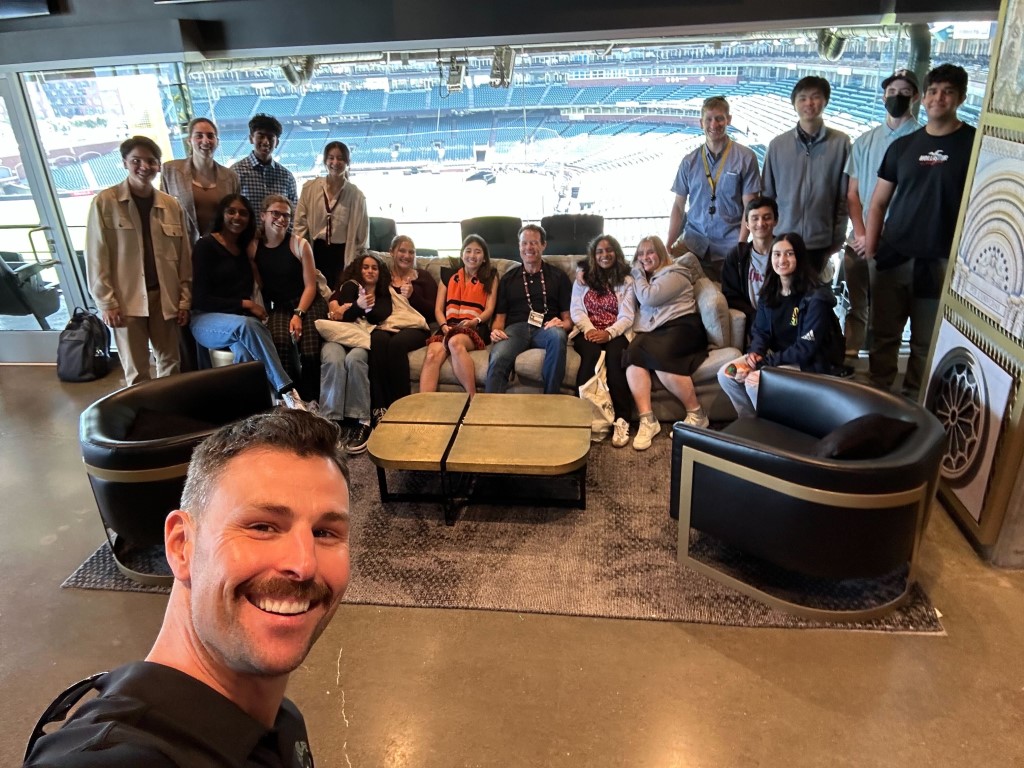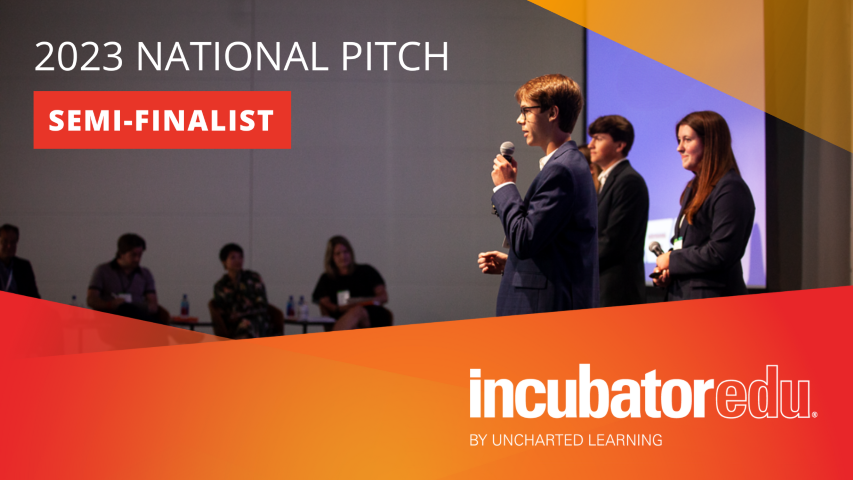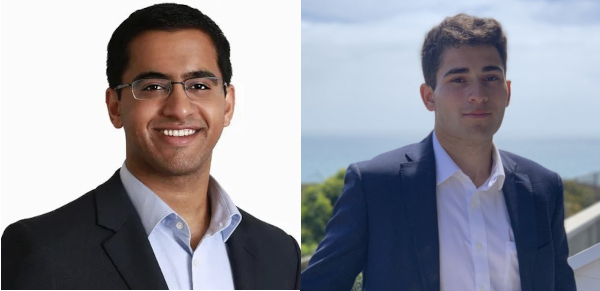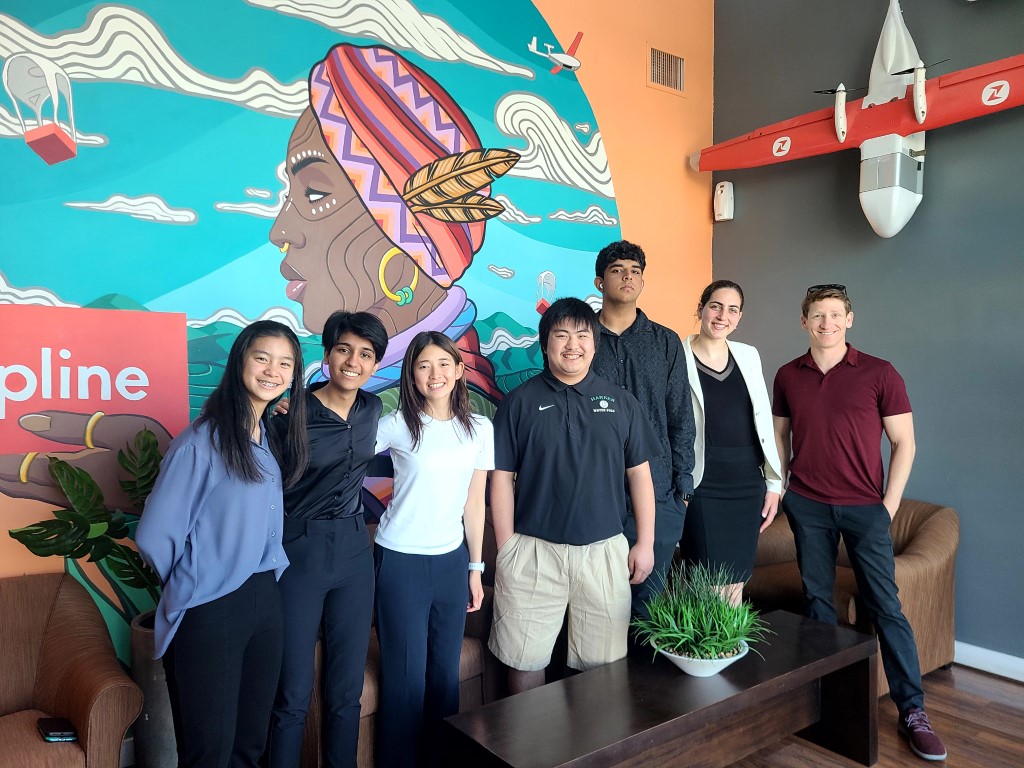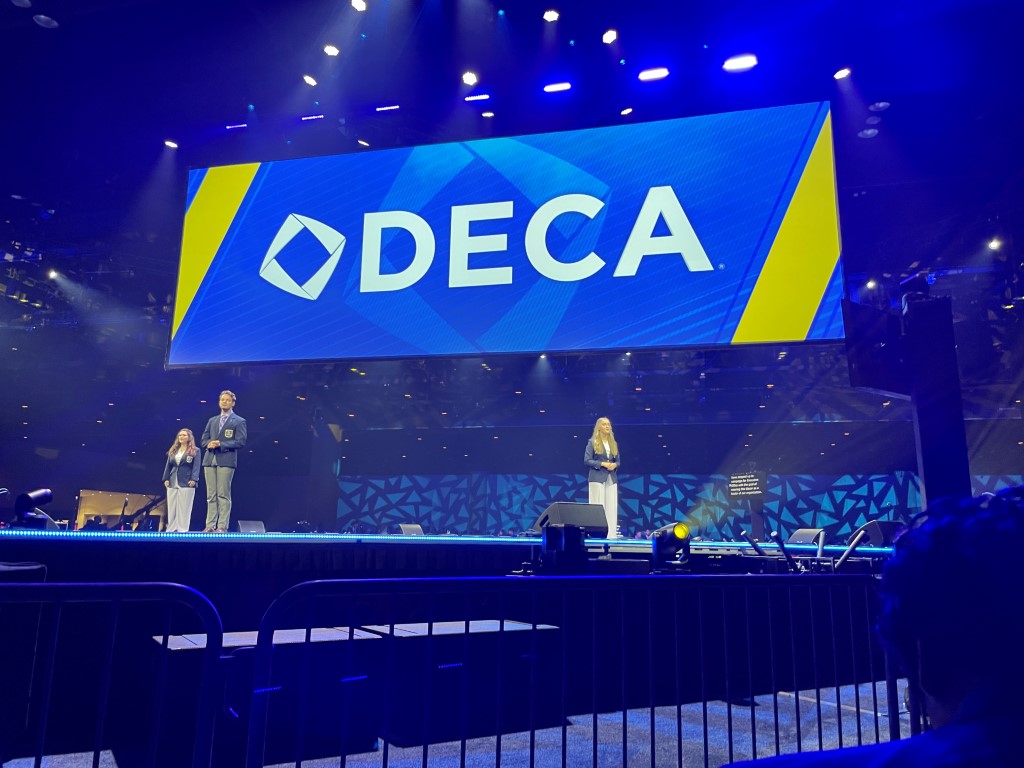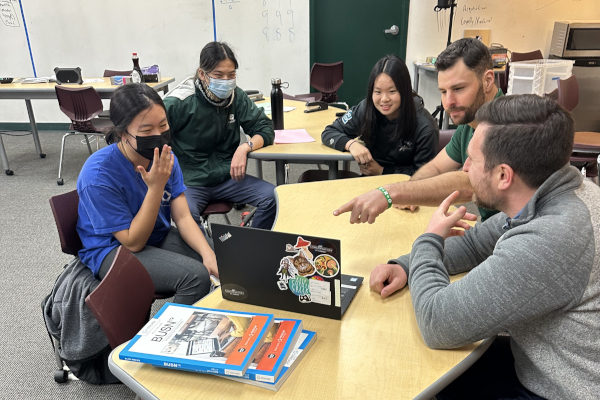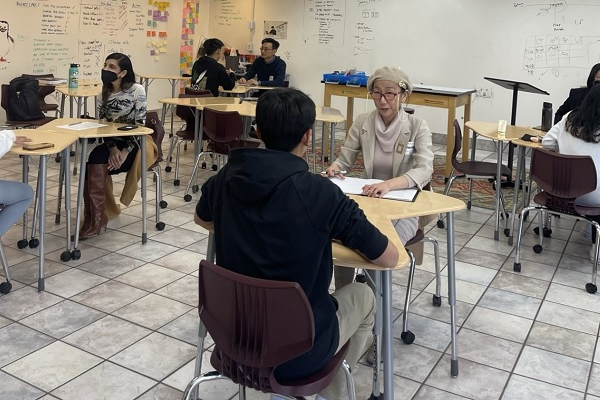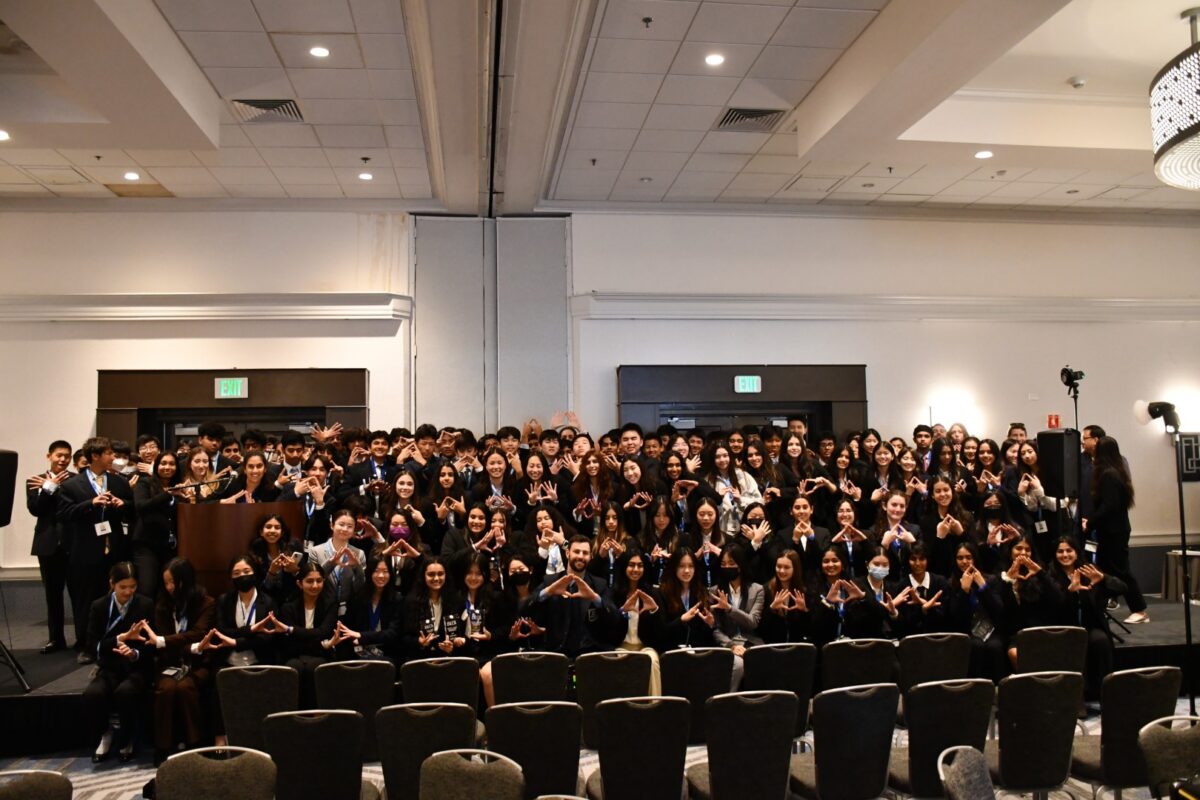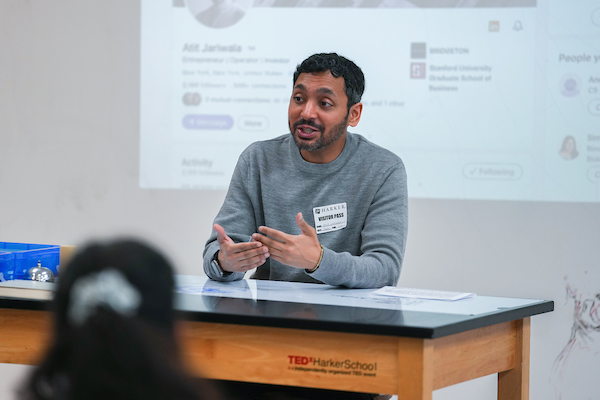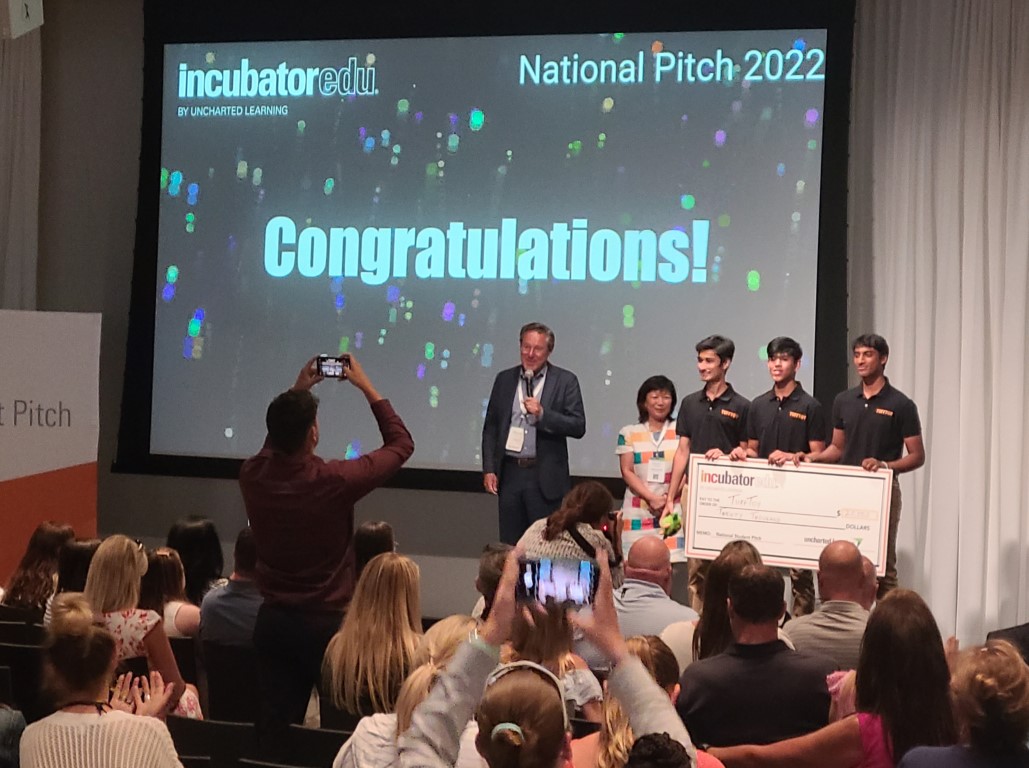Students in the upper school’s CareerConnect program visited Oracle Park in San Francisco for a look into careers in professional sports.
Business and Entrepreneurship
Student-run company reaches 2023 National Pitch semifinals
Two alumni named to Forbes 30 Under 30
Late last year, Murali Joshi ’12 and Michael Sikand ’17 Harker alums were named to Forbes’ 30 Under 30.
BE students visit Zipline HQ, meet alum Anika Banga ’18
Business and entrepreneurship students visited the Half Moon Bay headquarters of Zipline, which manufactures and operates delivery drones for medical supplies as well as offering services for restaurants, food delivery and more.
DECA teams enjoy learning and success at ICDC conference
From April 22-27, more than 50 members of the Harker DECA chapter traveled to the International Career Development Conference (ICDC) in Orlando, Fla.
[Updated] Harker team reaches Wharton Investment Competition finals
Team FRESH.mInD is one of 55 semifinalists from nearly 1,400 entries.
CareerConnect helps students with job interview skills
CareerConnect hosted a mock interview event to help individuals improve their interviewing skills.
Harker DECA performs well at Silicon Valley Career Development Conference
More than 120 Harker DECA members attended the regional Silicon Valley Career Development Conference from Jan. 6-8.
Entrepreneur Atit Jariwala speaks at CareerConnect event
On Wednesday, Harker’s CareerConnect club hosted an event with entrepreneur and venture capitalist Atit Jariwala.
TuffToy founders win California DECA Business Pitch Challenge
ast week, TuffToy founders Rohan Gorti, Arin Jain and Zubin Khera, all grade 12, were named the winners of the California DECA Business Pitch Challenge.
